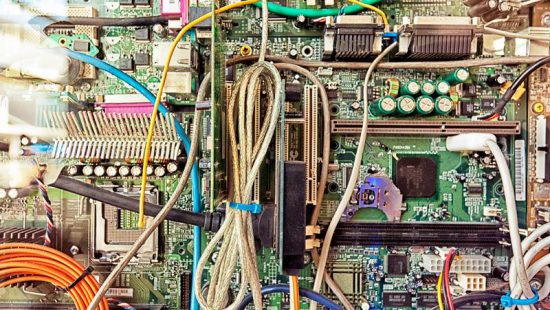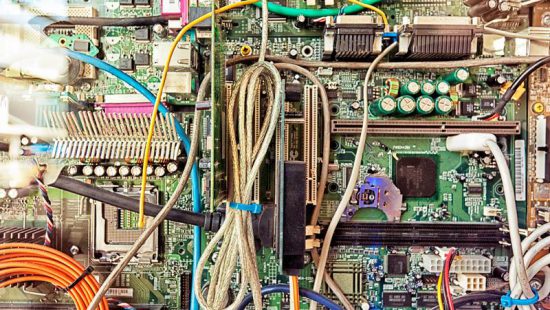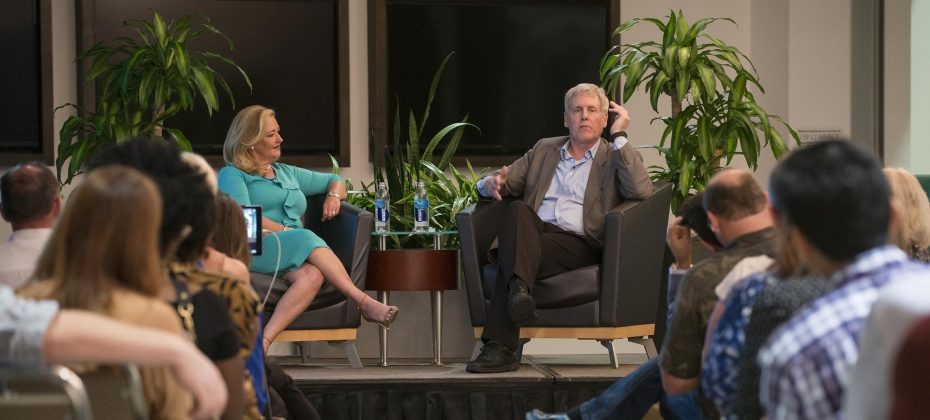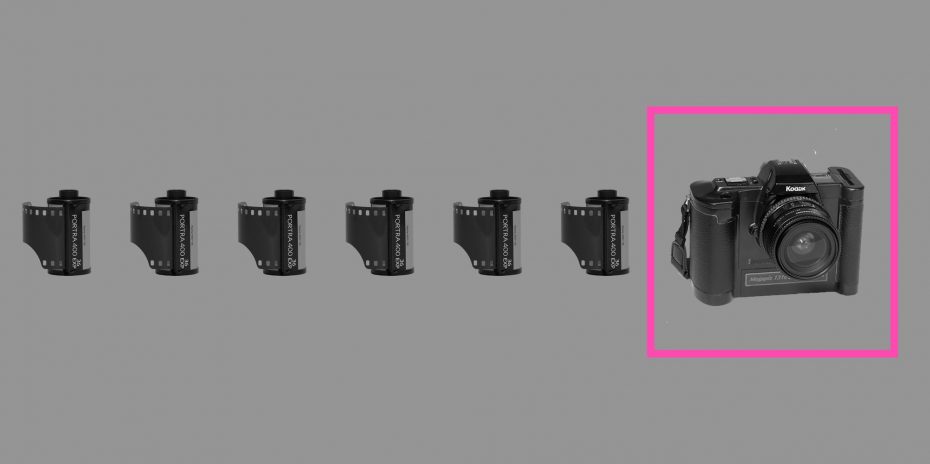Marvin Camras’s family knew he would become an inventor. After all, his family was already calling him that as a boy growing up in Chicago.
Camras, an electrical engineer, pioneered the magnetic tape technology that became the basis for most electronic and digital media. So groundbreaking was his career that became widely referred to as “the father of magnetic tape recording.’’
Camras, who as a child once built a telephone so that he could talk with a cousin, was studying at the Armour Institute of Technology in the late 1930s and wanted to record the voice of another cousin, who was opera singer. The cousin eventually gave up opera, but the device Camras developed to make the recordings helped him land a teaching and research position at Armour, which later became the Illinois Institute of Technology.
It also won him a patent, one of more than 500 patents he received during 50 years at the Institute, where his inventions became the standard for recording devices ranging from audio and video cassettes to magnetic strips on credit cards.
Camras was inducted into the National Inventors Hall of Fame and in 1990 received the National Medal of Technology and Innovation. The Illinois Institute of Technology honored him by creating the Camras Scholars Program to attract engineering students after his death in 1995. A public school in Chicago for children in pre-Kindergarten through 8th grade bears his name.
“Marvin Camras is a legend, and we are all grateful for what he did,” Ray Dolby, famous for his noise reduction inventions, told The New York Times.
By Robert Warren







